News
-
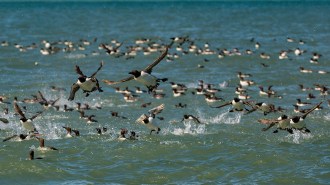 Life
LifeThe ‘Blob,’ a massive marine heat wave, led to an unprecedented seabird die-off
Scientists have linked thousands of dead common murres in 2015–2016 to food web changes caused by a long-lasting marine heat wave nicknamed the Blob.
-
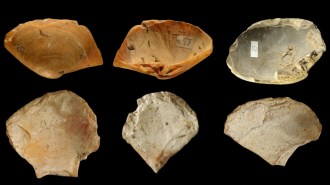 Anthropology
AnthropologyNeandertals dove and harvested clamshells for tools near Italy’s shores
The discovery of sharpened shells broadens the reputation of Stone Age human relatives: Neandertals weren’t just one-trick mammoth hunters.
By Bruce Bower -
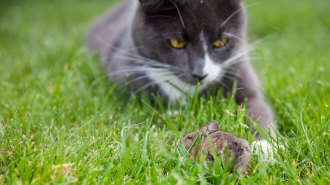 Neuroscience
NeuroscienceA parasite that makes mice unafraid of cats may quash other fears too
The parasite Toxoplasma gondii can mess with all sorts of mice behaviors and make the rodents fearless in many situations.
-
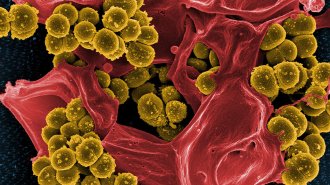 Microbes
MicrobesMicrobes slowed by one drug can rapidly develop resistance to another
Hunkering down in a dormant, tolerant state may make it easier for infectious bacteria to develop resistance to antibiotics.
-
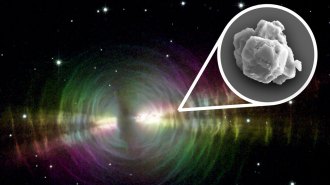 Space
SpaceThis ancient stardust is the oldest ever to be examined in a lab
Tiny grains of stardust that formed long before our solar system are giving new insight into star formation in the Milky Way.
-
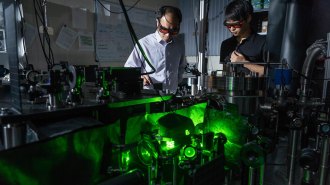 Physics
PhysicsThe fastest-spinning object ever made could help spot quantum friction in a vacuum
Scientists have developed a torque sensor made with a nanoparticle that can spin more than 300 billion times a minute.
-
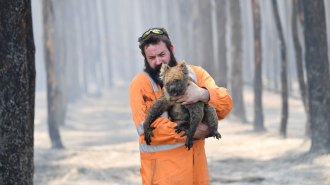 Animals
AnimalsAustralian fires have incinerated the habitats of up to 100 threatened species
Hundreds of fires that are blazing across the continent’s southeast have created an unprecedented ecological disaster, scientists say.
-
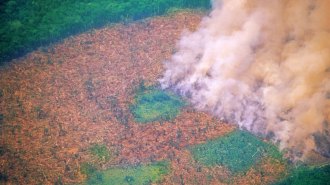 Earth
EarthWildfires could flip parts of the Amazon from a carbon sponge to a source by 2050
Climate change and deforestation could double the area burned by fire in the southern Amazon by 2050, flipping the forest from carbon sponge to source.
-
 Health & Medicine
Health & MedicineWhat we know — and don’t know — about a new virus causing pneumonia in China
A newfound coronavirus is behind a mysterious outbreak of pneumonia in central China. Experts urge vigilance but say there’s no cause for panic.
-
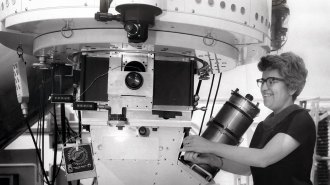 Space
SpaceDark matter pioneer Vera Rubin gets a new observatory named after her
A new effort to study the cosmos is named after Vera Rubin, an astronomer who searched out dark matter and battled sexism.
-
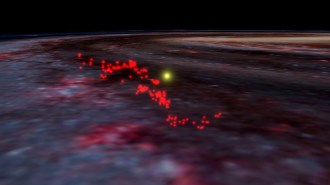 Space
SpaceA giant wave of gas lurks near our solar system
The Earth and sun are relatively near a newfound, wavy rope of star-forming gas, named the Radcliffe Wave.
-
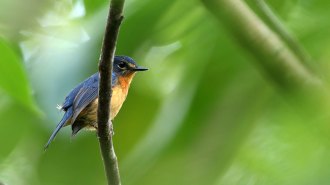 Life
LifeA ‘bonanza’ of new bird species was found on remote Indonesian islands
Bird discoveries typically come in a trickle. But in a remote corner of Southeast Asia, 10 newly described songbird species and subspecies were found.
By Jake Buehler